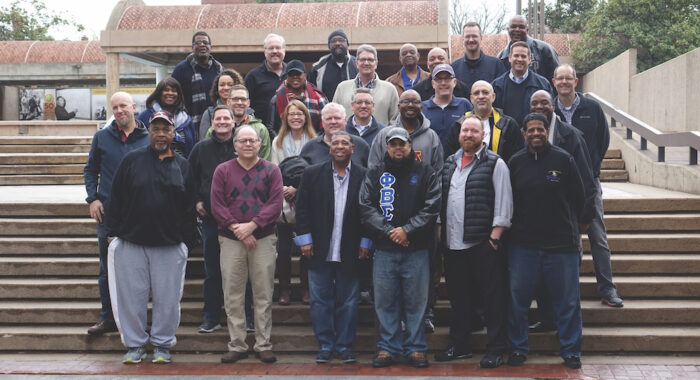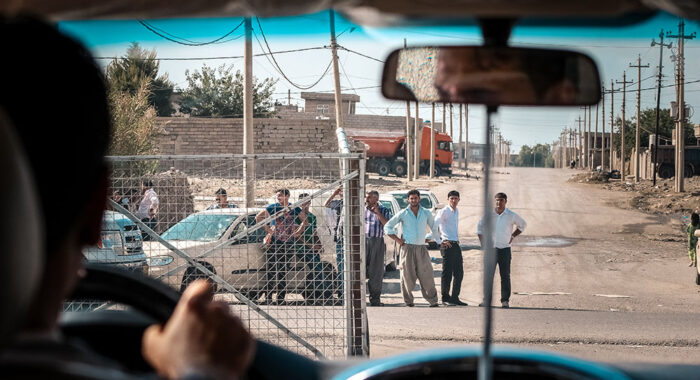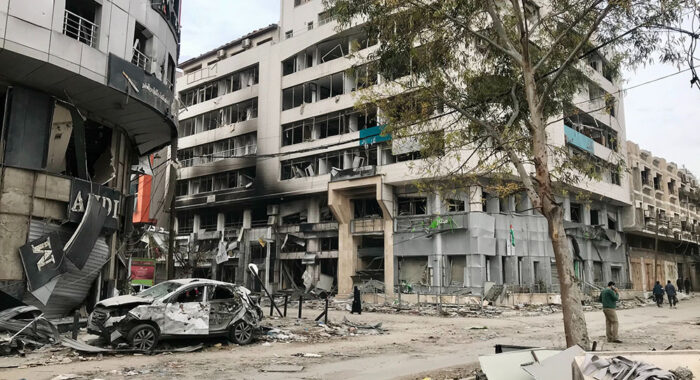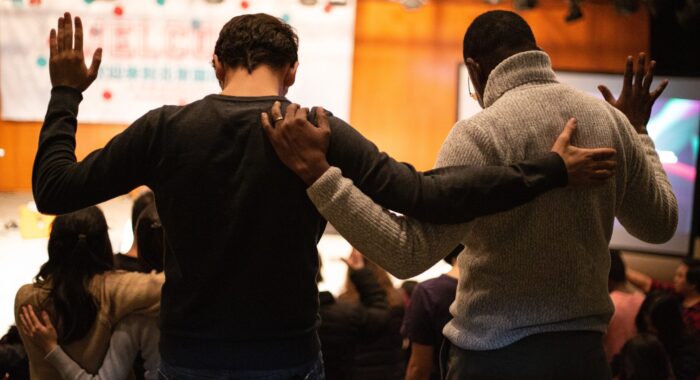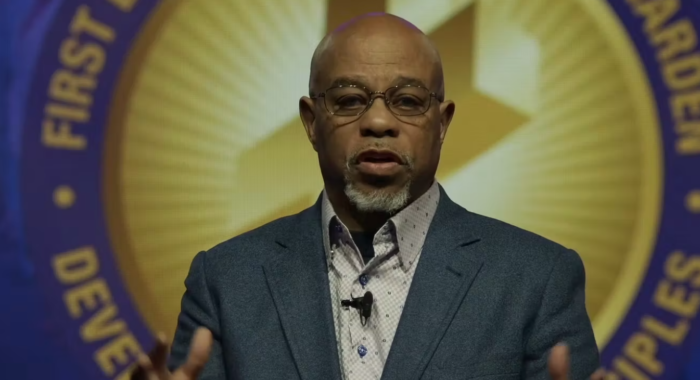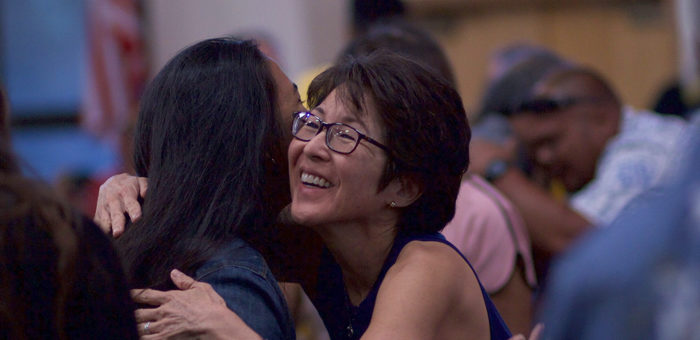
According to the September Evangelical Leaders Survey, most believe churches have a responsibility to promote peace, restoration and healing in their communities. An overwhelming majority (97 percent) of evangelical leaders support churches facilitating conversations between police and others in their communities.
“As trusted institutions, churches have a unique opportunity — and responsibility — to bring together groups of people who have tension or conflict with each another,” said Walter Kim, president of the National Association of Evangelicals (NAE). “We want to see our communities thrive, and churches can play an important role in improving the relationships between police officers and members of their communities.”
Several churches have already opened the dialogue between public servants and community members. They are seeing positive connections and relationships built between the two groups.
Scott Ridout, president of Converge, said, “The ability of churches to be peacemakers among the many polarized parts of our communities is absolutely essential. We have a number of churches that are taking the lead in this area and seen remarkable connection with both the police department and the community.”
Pastor Kevin McBride has spent years developing a trusted partnership between his church, Raymond Baptist Church, the community and law enforcement. “We have been able to broker conversations at times when needed. The foundation of trust has been laid over multiple years of hosting a ‘thank-you-to-those-who-serve’ meal as part of the National Day of Prayer. Every local, state and national public servant are recognized and thanked for their service to our communities. This has built trust throughout the area for us being a ‘safe’ partner.”
Michael Henderson, senior pastor at New Beginnings Church, shared the way his church recently brought together people from both sides. “I have held several town hall meetings with our chiefs of police in Charlotte, Mint Hill and Matthews, North Carolina, to help facilitate understanding between the community and the police departments.”
“The local church can be a place of unity and healing — a place where all sectors of the community can be welcomed and interact peacefully. This can create greater understanding of ‘the other’ and reduce the possibility of conflict — deadly or otherwise,” said Colin Watson, executive director of Christian Reformed Church in North America.
Rocky Rocholl, president of the Fellowship Evangelical Churches, reminds pastors that they have a responsibility to find resolutions for the common good. “We should be an influence for good in our communities. Not taking sides, but a voice of reason, healing and reconciliation.”
The NAE encourages churches and communities to participate in Faith & Blue’s national initiative to build more engaged communities. Local residents and law enforcement professionals work toward common ground while focusing on shared values, hopes and dreams.
The Evangelical Leaders Survey is a monthly poll of the Board of Directors of the National Association of Evangelicals. They include the CEOs of denominations and representatives of a broad array of evangelical organizations including missions, universities, publishers and churches.



 View All Surveys
View All Surveys 
